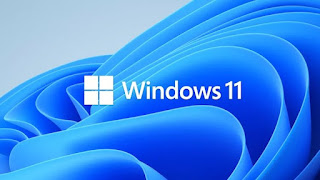Microsoft expands the list of CPUs compatible with Windows 11 - there is still no support for the first Ryzen
When Microsoft announced Windows 11, there was a lot of confusion over the system requirements for the new OS, which included only Intel processors no older than 8th Gen, AMD Ryzen no older than 2nd Gen, and a few Qualcomm chips. But then Microsoft promised to test compatibility with Windows 11 of the seventh generation Intel processors and the first generation Ryzen processors. The company has now announced the results and expanded the list of supported hardware slightly.
Based on benchmarking results, Microsoft has added only a handful of 7th Gen Intel chips to the list of supported CPUs. In particular, Windows 11 can be installed on machines based on the seventh generation Core X and Xeon W chips. Separately, the company has added the Intel Core i7-7820HQ to the hardware compatibility list, which will extend support for Microsoft Surface Studio 2 released in 2018.
As for the first generation Ryzen processors, Microsoft said that after thoroughly testing them for compatibility with Windows 11 with AMD, it was decided to leave the list of supported chips by the "red" company unchanged.
Microsoft claims that devices that do not meet its requirements are 52% more likely to experience software crashes. This statement isn't just about processors. Other minimum system requirements for the new OS include 4 GB of RAM, 64 GB of free storage space and support for Secure Boot in UEFI, as well as the presence of a TPM encryption module.
To check your computer for compatibility with Windows 11, you can use the proprietary Microsoft PC Health Check, the preliminary version of which has been updated in accordance with the changes in the compatibility list.
Users whose machines are not suitable for installing Windows 11 will be able to stay on Windows 10, which will be supported until October 2025.
 Main Page
Main Page

Comments